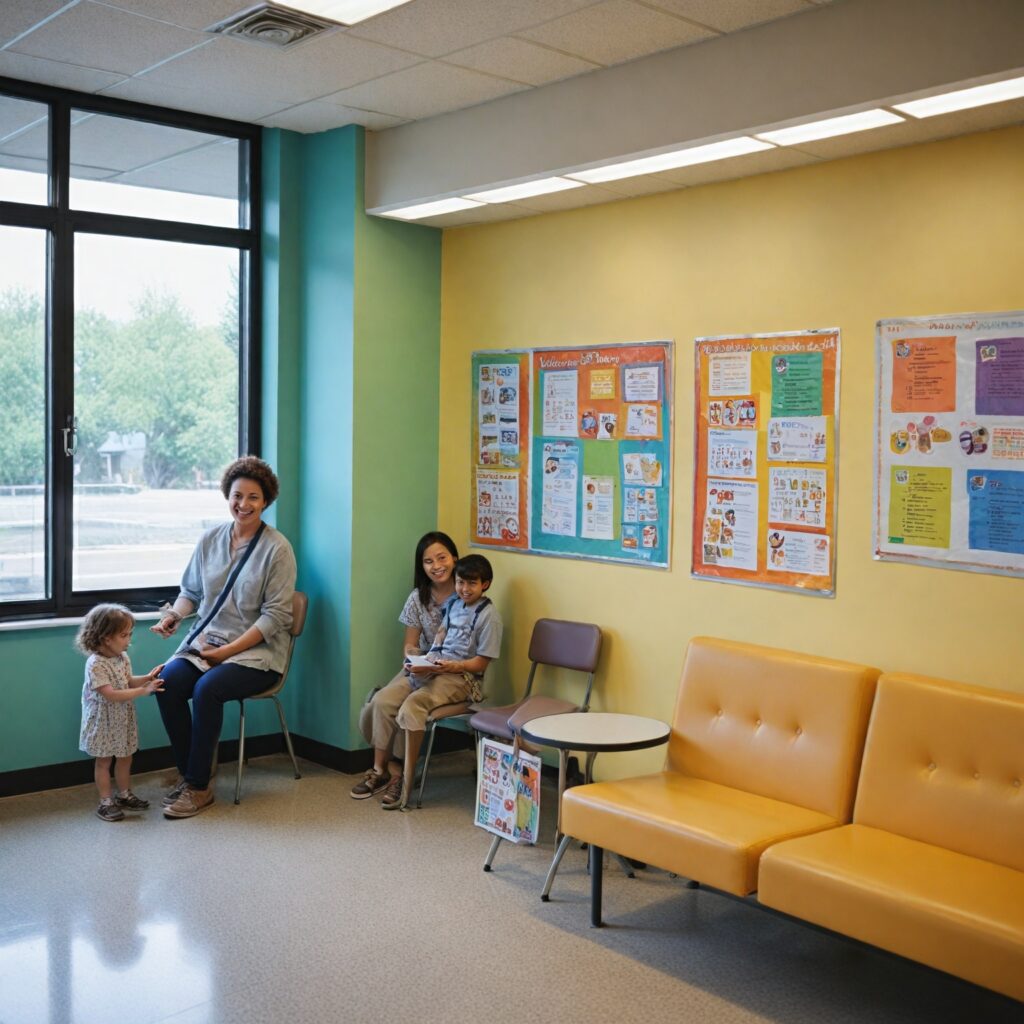
Highlights:
– The NHS will offer a free chickenpox vaccine for children in England, Wales, and Northern Ireland starting January next year.
– The initiative aims to protect children and reduce financial strain on families due to lost workdays.
– Experts stress that widespread vaccination could dramatically decrease serious chickenpox cases.
Introduction to the Chickenpox Vaccine Rollout
Beginning January next year, the National Health Service (NHS) is poised to implement a significant public health measure by offering a free chickenpox vaccine to all young children in England, Wales, and Northern Ireland. This vaccine, administered in two doses at 12 and 18 months old, will be provided alongside the existing MMR (measles, mumps, and rubella) vaccine. Until now, parents who wished to shield their children from the chickenpox varicella virus often faced steep fees of up to £200 for private vaccination. This new initiative represents a crucial step towards safeguarding children’s health at no financial burden to families.
The decision to introduce this vaccine is particularly pressing as chickenpox can lead to serious health complications, including hospitalization in severe cases. Health Minister Stephen Kinnock has emphasized the importance of this vaccine, stating that it empowers parents to prioritize their children’s health while alleviating the potential financial and emotional strain on families dealing with sick children.
Core Benefits and Health Implications
The chickenpox virus may be commonly perceived as a mild childhood illness, but for certain vulnerable groups, such as pregnant women and infants, it poses considerable risks. The Joint Committee on Vaccination and Immunisation (JCVI) has recommended that this vaccine be incorporated into the NHS schedule, citing its potential to massively reduce both the incidence and severity of chickenpox infections. In regions where the vaccine has been implemented, experts have noted a sharp decline in hospitalizations linked to complications of the virus.
Evidence suggests that this vaccine will not only protect children but also diminish the £24 million in lost productivity and income incurred from parents needing to care for ill children. Families like that of Sarah, a mother who experienced harrowing challenges during her daughters’ severe chickenpox cases, highlight the vaccine’s potential life-saving impact. Sarah recalls the terror of seeing her daughter Mia suffer a severe rash and skin infection that almost required hospitalization. For families like hers, this new vaccination program could fundamentally change the landscape of childhood illnesses.
Implications and the Path Forward
The rollout of the chickenpox vaccine is part of a broader effort by the NHS to boost vaccination rates, which have stagnated in recent years. Recent data indicated a concerning decline across many childhood vaccines, failing to meet the 95% uptake target. This initiative not only aims to improve vaccination statistics but also addresses growing vaccine hesitancy fueled by misinformation, particularly intensified during the Covid pandemic.
To counteract these challenges, the government intends to launch comprehensive awareness campaigns that underscore the benefits of vaccination and dismiss myths prevalent on social media. Kinnock insists on the necessity of reforming public perception regarding vaccines, advocating a united front against misinformation. By actively engaging communities and promoting the importance of vaccination, the government hopes to instill confidence among parents and ensure the success of this pivotal health initiative.
In conclusion, the introduction of a free chickenpox vaccine for young children is poised to make a significant impact on public health by preventing severe illness and reducing economic burdens on families. As this plan unfolds, how can communities support each other in understanding the benefits of vaccination? What further steps should the government take to build trust in vaccinations amid rising concerns? And how might the success of this initiative influence future public health decisions?
Editorial content by Peyton Hawthorne













